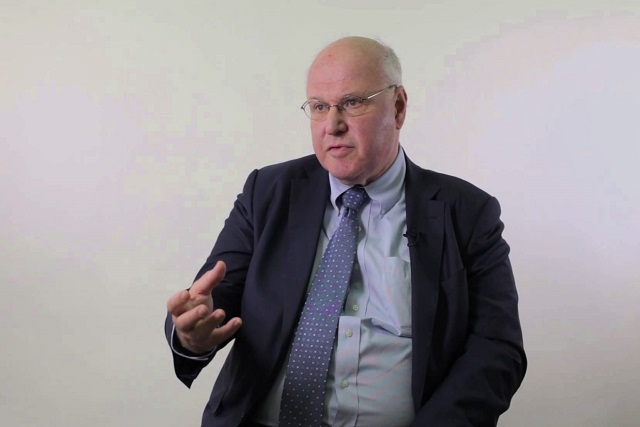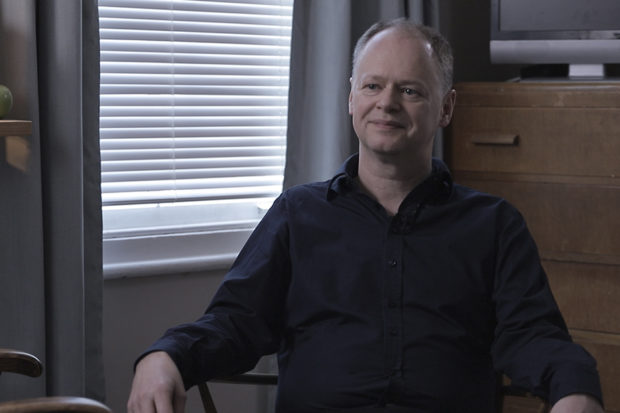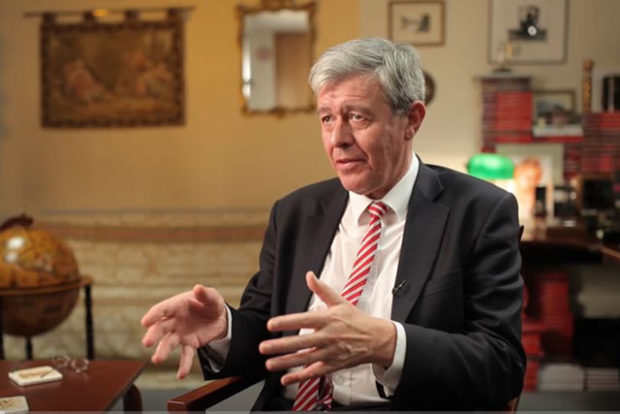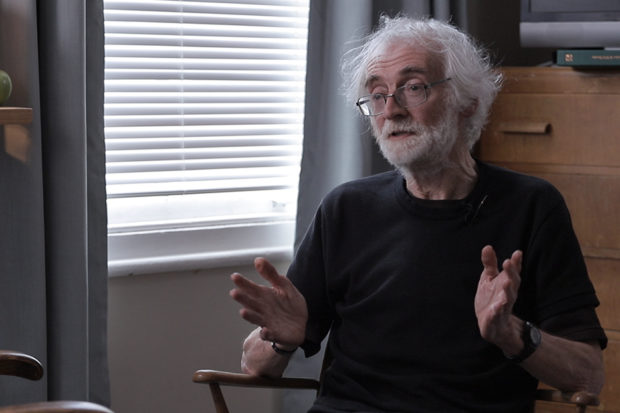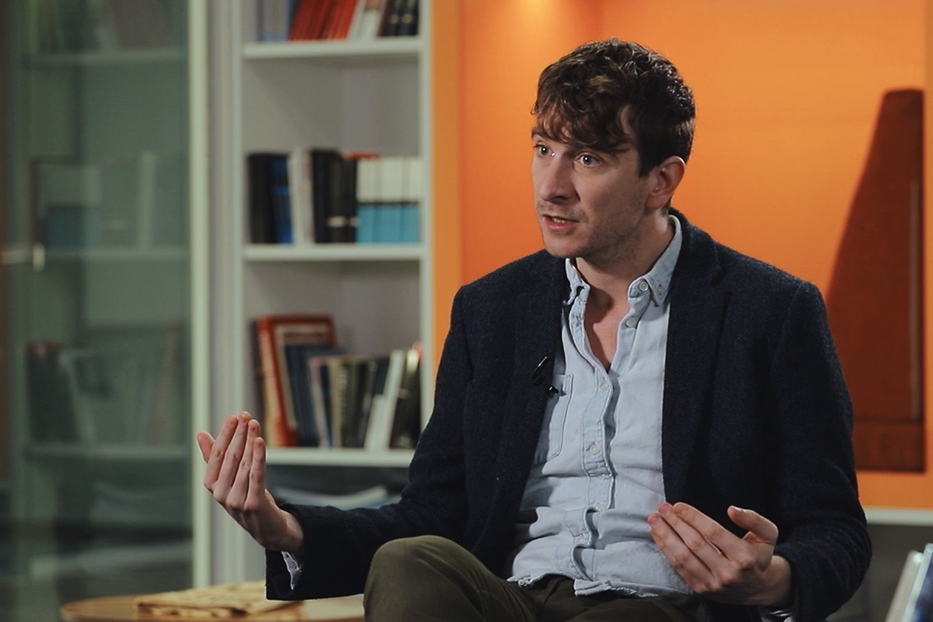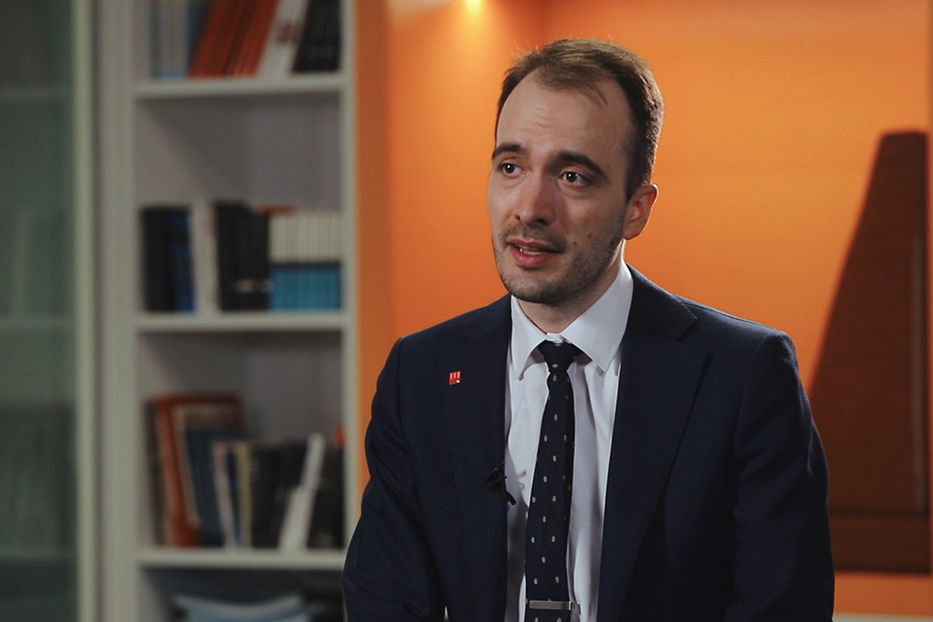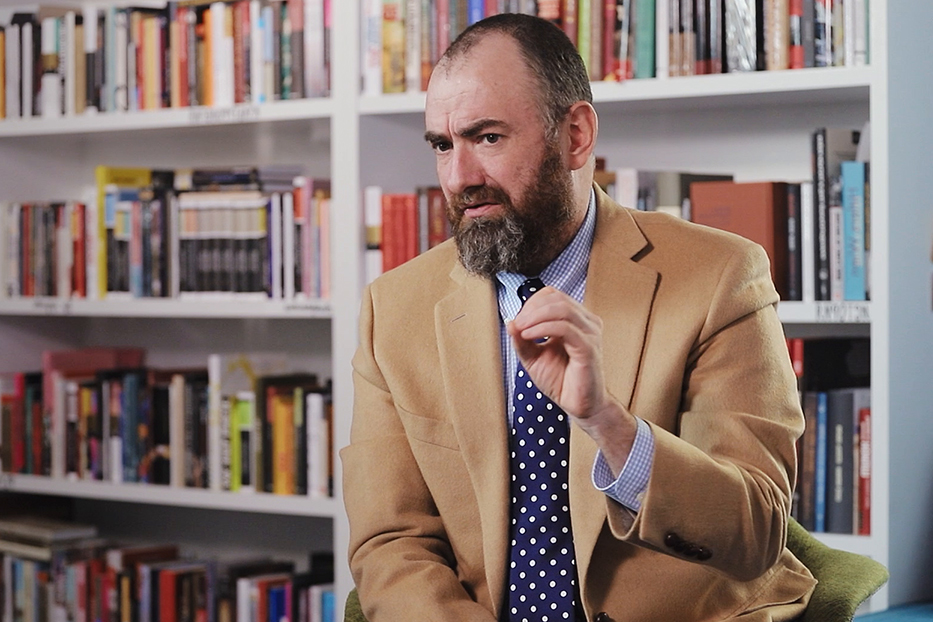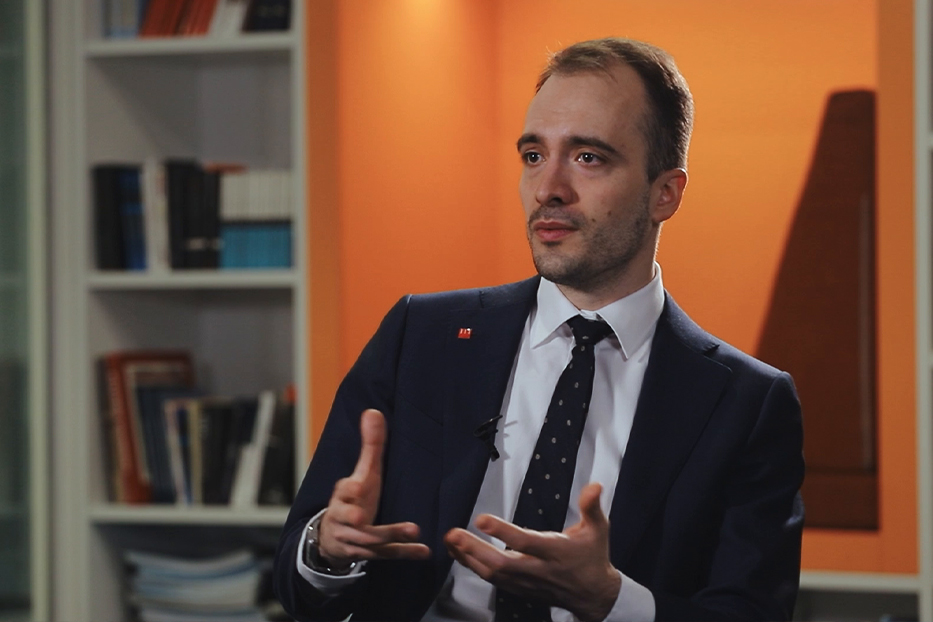Modern Nationalism
Historian Richard Bourke on the components of nationalism, national identity, and the role of ideology and the state
videos | July 31, 2018
Let me, first of all, explain what nationalism is. My view is that nationalism involves different component parts. To begin with, nationalism must involve some theory of the party. I mean, after all, nationalism is a property of a state or more generally conceived of a party. At the same time, it must have something to do with forms of allegiance and more attachment to public power, and in a party. These are the two things that I want to consider.
But let me take the first one first and to say that nationalism has relevance to the theory of a party because in a way this is a tricky one. That, in turn, involves to subordinate a concept. First of all, without any party, it obviously is constituted by the population that must involve some view of what constitutes people – what constitutes the Romans, what constitutes the Lithuanians, what constitutes the Russians. But at the same time, it doesn’t just involve as it were the way in which population constitutes people, but also the form of regime, under which they exist. So, a theory as it were of peoplehood and the theory of the regime form. That’s the theory of the state component.
The second component is allegiance under it or attachments to a party. Sometimes it’s called patriotism or loyalty, or identification, which is sometimes why nationalism becomes involved in the discussion about identity, because of identification with a party, or equally identification with one another. That is to say the people themselves as constituting the party.
So, that is nationalism generally. You might say that is a very general phenomenon. What we are interested in is a modern nationalism. Therefore, it must have some particular modern characteristics. I would say when people talk about modern nationalism, they are thinking of very particular developments, which have influenced these other components of nationalism, which are already discussed.
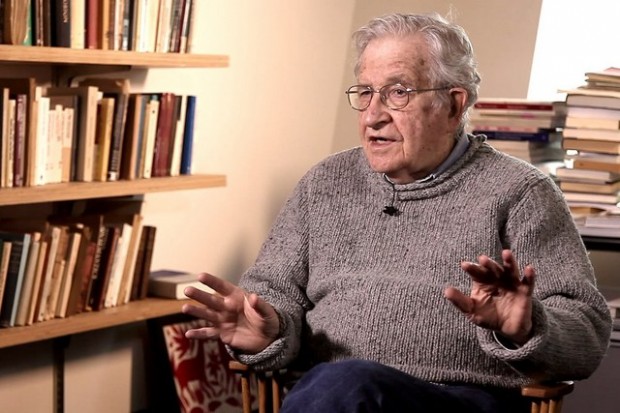
It seems to me that at the same time the nature of allegiance has changed over time. Modern allegiance is obviously not the same as allegiance in the 14th century Roman Empire. Modern allegiance seems to be based on the notion of popular consent. But it is also true that even modern allegiance based on the notion of popular consent is still often joining our older notions of tradition. So, the problem of nationalism is that all these components of modern states become involved in the discussion. It’s an enormously confused field. This confusion was not the alienated but was intensified by the modern academic discussion of nationalism.
And this was current in the early 20th century, but it had a sort of rebirth in the 1980s when several books on nationalism were suddenly published at the same time. For instance, Eric Hobsbawm published a book on nationalism. Ernest Gellner was very influential. Benedict Anderson worked influentially on nationalism. Then this curious anthropologically oriented sociologists wrote about nationalism. It seems to me that each of them rather than writing about phenomenon has written about a component element.
The most common and proponent element to be written about is this aspect of identification and allegiance. It seems to me, this is potentially tremendously nebulas because the idea of groups of people and society identified with one another can cover any number of groups, sub-groups, and sub-sub-groups. The notion of mutual identification or even personal identity, or just identity generally seems to me to capture just too little, to serve very well as a theory of nationalism. So, the identity theory seems to me, has got off on the wrong foot, which ended up with this less understanding of nationalism as a result of the Nationalism Studies, than we did before they actually started.
It seems to me that if you’re going to understand nationalism, you talk about those components that I have talked about in connection with projects of political power. That is to say, it is about popular identification, popular identification with a state. You cannot just see it as a theory of as it were of what brings people to people, you must also have a theory of the formal politics in which that takes place. That’s why it seems to me it has become conceptually complicated, even though that is clearly a phenomenon that’s all around us and happens over the last two hundred years or so. It does really exist in the world, but because it brings together this diverse range of features, scholars have often focused on one of them to understand the fuller picture. That partiality seems to be distorting.
The reason why we’re discussing nationalism is because it became a very peculiar and forceful principle in the modern world. If you think of European history, we’re really talking about the history not of competing national states – that is how we remember the history – but actually we’re really talking about the history of competing empires – the Russian Empire, the British Empire, the French Empire, even the Germans, and the Spanish Empire, and Portuguese. What happens increasingly, basically in the aftermath of the French Revolution is the situation of these world power box. They disintegrate under pressure from the appeal of a modern ideology and popular sovereignty. But as soon as populations started to appeal popular sovereignty as an underlying legitimate principle, the question is which people are the bearer of this sovereignty. This doctrine had a disaggregative or disintegrative effect on constituted power across the world. So, the component part of the Ottoman Empire fell to this, of the Austro-Hungarian Empire, of the Russian Empire, of the British and French Empire as well.Nationalism was basically the language of emergent people’s power in the era of the disintegration of European empires. It seems to me, its heyday was 1789, 1848 – revolutions, and then again gathering new momentum, especially after the First and Second World Wars. With all these forces, forces of international politics, forces relying on themselves, the question is: is it still with us? It seems to me, it is going to be with us as long as our fundamental legitimate principle is the notion that the people are democratically responsible for themselves. The potential for newly emergent people’s claiming that right is going to be with us as well. Nationalism certainly has future, because we are still living in the era of the notion that populations are self-determinant.














